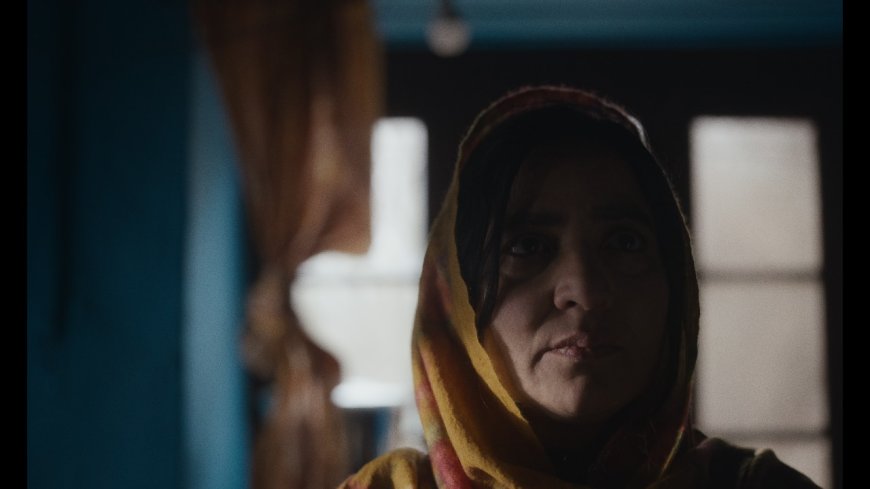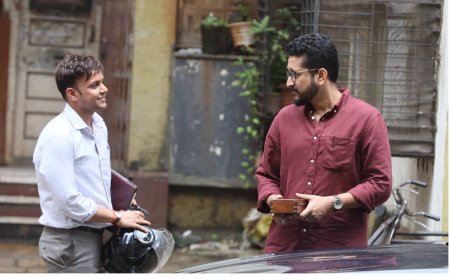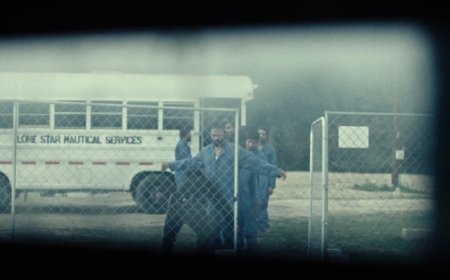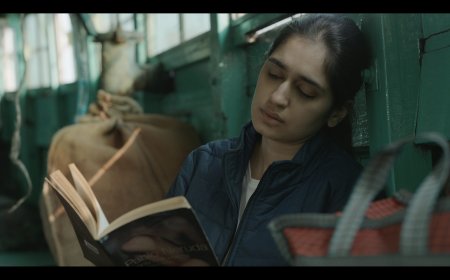Review: An Orphanage of Memories (2025)

Set in a small village in Kashmir, Rayit Hashmat Qazi's short film An Orphanage of Memories is a touching, contemplative tale that weaves personal loss together with a delicate socio-political undercurrent. The story centres around a widow trying to reconcile with the unexpected loss of her husband. Looking for something to care about as she searches for purpose in her grief, she begins tending to a few saplings planted by her husband. They become a quiet symbol of renewal and hope. But caring turns into a struggle when a rat shows up, trying to destroy what little she has left to hold on to.
On the surface, the film plays as a psychological drama about remorse, obsession, and the need to safeguard that beauty. As Farah faces the threat of eviction with a potential buyer showing interest in her house, the film unfolds as a layered political allegory. It subtly reflects the broader ‘invasions’ that have shaped the identity and psyche of the region for generations. For those in tune to the emotional and political complexity of Kashmir, the film is a chilling meditation on loss. The loss of people, places, and identity, and the need to retain what affirms our identity at a time when one's world is on the brink of collapse.
What genuinely raises the film is its reflection on memory, which can be personal, but at the same time can also be a collective memory. In a conflicted region, where histories are subject to contestation, erasure, and alteration, remembering becomes an act of resistance. Farah's attempts to care for her garden, maintain her home, and remember exist as quiet acts of defiance to a world that is intent on forgetting or re-writing what was. Thus, the intrusion of the rat into her garden becomes a representation of the violation of space, memory, and autonomy. At times, the film edges toward the language of horror, not through jump scares or the supernatural, but through psychological unease felt by Farah as she begins to fall apart. The narrative does lean towards predictable beats, and the screenplay doesn’t turn to melodrama. It settles on restraint and introspection, which allows the emotional beats to resonate all the more.
Qazi’s direction is quiet and sharp as the silence and landscape, and does not merely depend on dialogues to express his vision. Amogh Deshpande’s cinematography is meant to serve the story. Each shot is finely tuned to frame not just the emptiness of the region, but the emptiness of Farah's life too. The characters are framed in a way that mirrors their emotional and physical isolation. Shafiya Maqbool’s compelling central performance keeps it engaging, offering a subtle and nuanced portrayal of grief, loss, and resilience. There’s something indelibly striking about her presence and the weight of her anguish.
An Orphanage of Memories is an unsettling yet essential work, unflinchingly confronting the uncomfortable truths at the core of a woman’s journey through grief, resilience, and survival. It was recently screened at the 25th edition of the New York Indian Film Festival.
What's Your Reaction?


































































